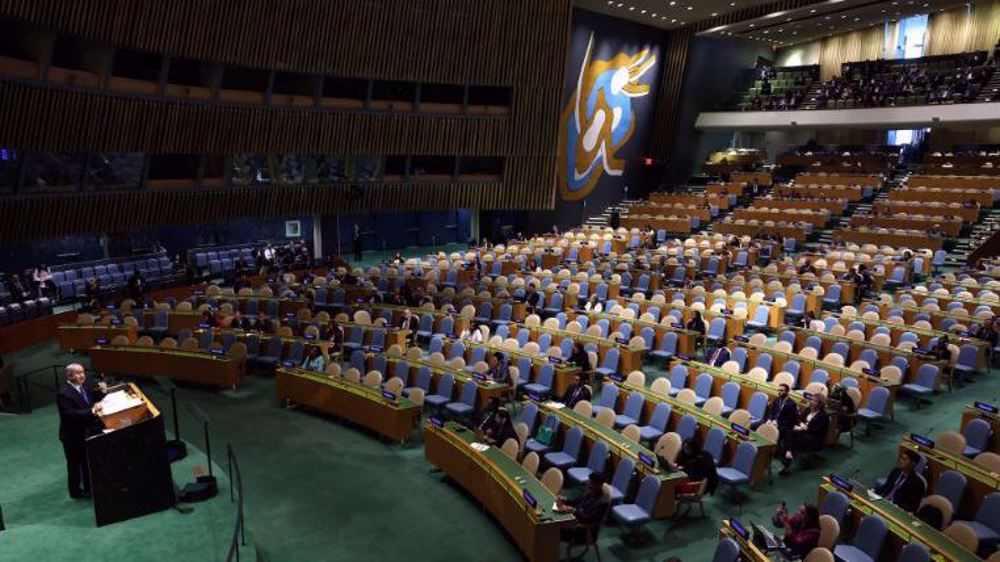2018 was 4th hottest year on record in 140 years: Studies
The Earth experienced its fourth hottest year on record in 2018 as its global surface temperature has risen about one degree Celsius since the 1880s, largely due to increased emissions of carbon dioxide and other greenhouse gases into the atmosphere, NASA and NOAA scientists say.
According to two independently-conducted studies by NASA’s Goddard Institute for Space Studies (GISS) and the National Oceanic and Atmospheric Administration (NOAA), the past 140 years of record keeping revealed that the last five years have, collectively, been the warmest and that 18 out of the 19 warmest years have occurred since 2001.
‘Climate change is here!’
The studies — whose findings were published on Wednesday — said that global temperatures last year were 0.83 degree Celsius higher than the 1951-1980 mean, adding that 2018’s temperatures ranked behind those of 2016, 2017, and 2015, in a string of hotter-than-average annual temperatures.
“We’re no longer talking about a situation where global warming is something in the future. It’s here. It’s now,” said GISS Director Gavin Schmidt.
The studies further revealed that the fast-rising temperatures of the planet over the course of the past two decades capped a much longer warming trend recorded by researchers and corresponded with the scientific consensus that human activities have caused the climate to change.
The most significant warming trends are currently occurring in the Arctic, where the loss of ice sheets continues to contribute to a rise in sea levels, NASA said.
“The impacts of long-term global warming are already being felt — in coastal flooding, heat waves, intense precipitation, and ecosystem change,” Schmidt further noted.
The NOAA also said that the area of oceans covered with sea ice totaled about four million square miles in 2018, the second-smallest annual average on record since 1979.
In an attempt to curb the emissions of greenhouse gases, particularly carbon dioxide, into the atmosphere, world countries, including initially the United States, in December 2015 adopted the Paris Climate Accord — a landmark deal to tackle climate change — following high-level talks.
However, US President Donald Trump later unilaterally withdrew America from that deal. Trump has long questioned the factuality of climate change altogether. He has formerly called the natural phenomenon a “hoax.”
The Paris agreement, to which many world countries are still committed, aims to limit the rise in global temperatures to less than 2 degrees Celsius over the next few decades.
VIDEO | Duke University commencement speech prompts walkout over speaker's Israel support
‘500 medical personnel killed since Israeli onslaught on Gaza started’
Hamas condemns Biden’s remarks on Israeli captives as ‘setback’ to ceasefire talks
VIDEO | US-Israeli genocide in Gaza
VIDEO | Iranian capital hosts 35th Tehran International Book Fair
US admits Israeli assault on Rafah wouldn't eliminate Hamas
Lebanese MP: Israel's war will eventually strengthen Hamas
VIDEO | Palestinian resistance factions discuss Al-Aqsa Flood developments in Damascus











 This makes it easy to access the Press TV website
This makes it easy to access the Press TV website